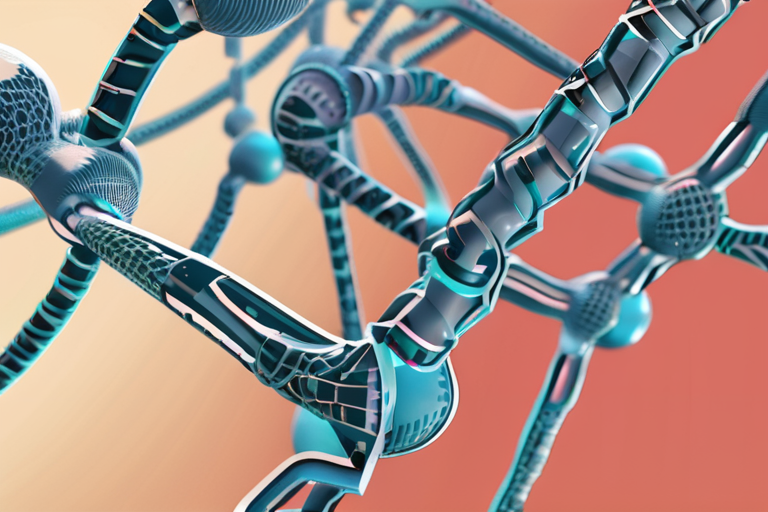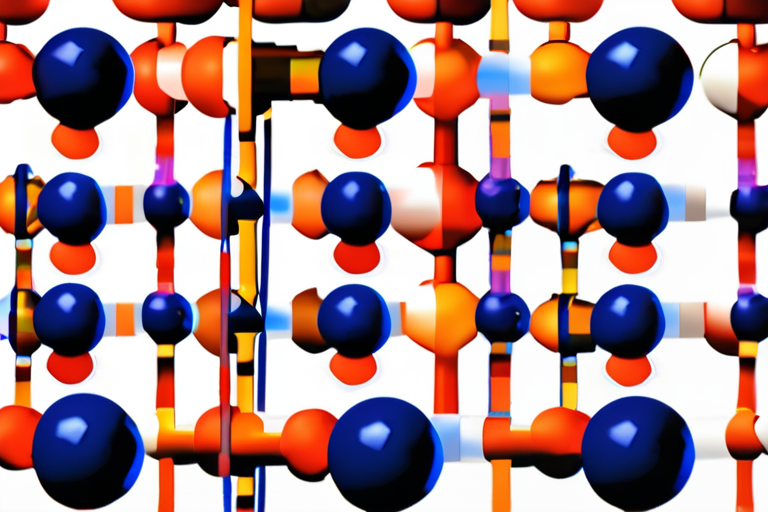The research team, led by scientists from Flinders University, found that PDIA1 and PDIA5 play a vital role in maintaining the stability of the androgen receptor, which is responsible for fueling the growth of prostate cancer cells. By blocking these enzymes, the researchers were able to disrupt the cancer cells' energy system, striking it on multiple fronts.
"We have identified a major weakness in prostate cancer cells that could lead to more effective treatments for this disease," said Dr. [Name], lead researcher on the study. "Our findings suggest that targeting PDIA1 and PDIA5 could be a promising approach to overcoming drug resistance in advanced prostate cancer."
Prostate cancer is a leading cause of cancer deaths among men worldwide, with many patients developing resistance to current treatments. The discovery of this weakness in prostate cancer cells offers new hope for patients and their families.
The study's findings are significant because they provide a new understanding of the molecular mechanisms underlying prostate cancer. By identifying the role of PDIA1 and PDIA5 in maintaining the stability of the androgen receptor, the researchers have opened up new avenues for developing targeted therapies.
"This breakthrough could lead to the development of more effective treatments for prostate cancer, which would be a major step forward in the fight against this disease," said Dr. [Name], a cancer expert at Flinders University.
The researchers plan to continue their work on developing new therapies that target PDIA1 and PDIA5. They hope that their findings will lead to improved treatment options for patients with advanced prostate cancer.
In the meantime, the study's results have sparked excitement in the scientific community, with many experts hailing the discovery as a major breakthrough in the field of cancer research. As researchers continue to explore the potential of targeting PDIA1 and PDIA5, patients and their families are holding onto hope for a brighter future.



























Share & Engage Share
Share this article